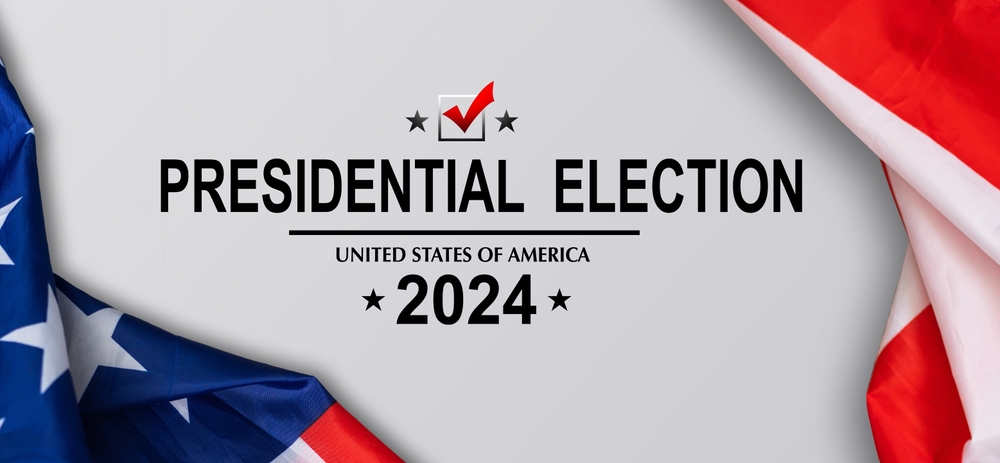As the 2024 presidential election approaches, it is shaping up to be one of the most tightly contested races in recent history. With former President Donald Trump and Vice President Kamala Harris locked in a near-dead heat, the campaign is headed toward a dramatic finish, and the race is closer than any election seen in the past 60 years. National polls show Harris with a slight lead, but the margin is so slim that the outcome remains highly uncertain, especially in key battleground states where the fight for the presidency is expected to be fierce.
Polling Reflects a Close National Race
According to recent polling data from CBS News and NBC News, Vice President Kamala Harris holds a narrow lead over Donald Trump, ranging between 4 to 5 points. While these numbers indicate a favorable position for Harris, they are far from decisive. A CNN Poll of Polls further narrows her lead to just 3 points, underscoring that the race remains extremely competitive and far from settled.
Historically, presidential candidates tend to build more significant leads as Election Day nears, but the 2024 race defies that pattern. Despite strong debate performances and high-profile campaign events, neither candidate has managed to establish a clear lead over the other. The unusually close polling mirrors the tight race of the 1960 election between John F. Kennedy and Richard Nixon, where the outcome remained uncertain until the final hours.
The Electoral College: A Battle for Key States
While national polling provides an overview of the general electorate, the Electoral College tells a more nuanced story. Currently, Harris is projected to have a slight advantage, with 225 electoral votes to Trump’s 219, according to recent analysis. However, with seven states and Nebraska’s 2nd Congressional District still undecided, both candidates are locked in a battle for the 270 electoral votes needed to win.
Harris has shown strength in the critical northern battleground states of Michigan, Pennsylvania, and Wisconsin, leading Trump by narrow margins of around 2 points in each. These states, which were pivotal in the 2020 election, remain crucial to her path to the presidency. On the other hand, Trump is making gains in Arizona and Georgia, two states that have historically leaned Republican but turned blue in the last election. His resurgence in these states keeps him firmly in the race.
The Role of Swing States and a Potential Electoral Tie
If the current polling holds, Harris would narrowly secure 269 electoral votes, while Trump would earn 246, leaving the election to be decided by a handful of swing states. North Carolina and Nevada are especially close, with Harris holding a razor-thin lead in Nevada. If she manages to win Nebraska’s 2nd Congressional District, which awards one electoral vote, it could push her to exactly 270, clinching the presidency.
However, there is a twist: Nebraska Republicans are considering a last-minute rule change regarding how electoral votes are allocated, which could deny Harris the crucial vote from the 2nd District. This could leave the election deadlocked at 269-269 in the Electoral College, an outcome that would send the decision to the U.S. House of Representatives. In this scenario, Trump would likely hold the advantage, as Republicans are expected to control more state delegations.
A Critical Moment as Election Day Approaches
As the candidates continue to vie for support in key battlegrounds, the stakes are incredibly high. Even small shifts in voter turnout or polling could dramatically change the course of the election. With both Trump and Harris focusing their efforts on mobilizing voters in swing states, the next few weeks will be crucial in determining the outcome.
The 2024 election is shaping up to be a historic and unpredictable contest, where every vote matters, and the path to victory remains uncertain. Whether the race ends in a clear win for Harris or Trump or descends into an Electoral College deadlock, one thing is certain: this will be a campaign to remember, with the potential for last-minute surprises that could alter the course of American politics.







